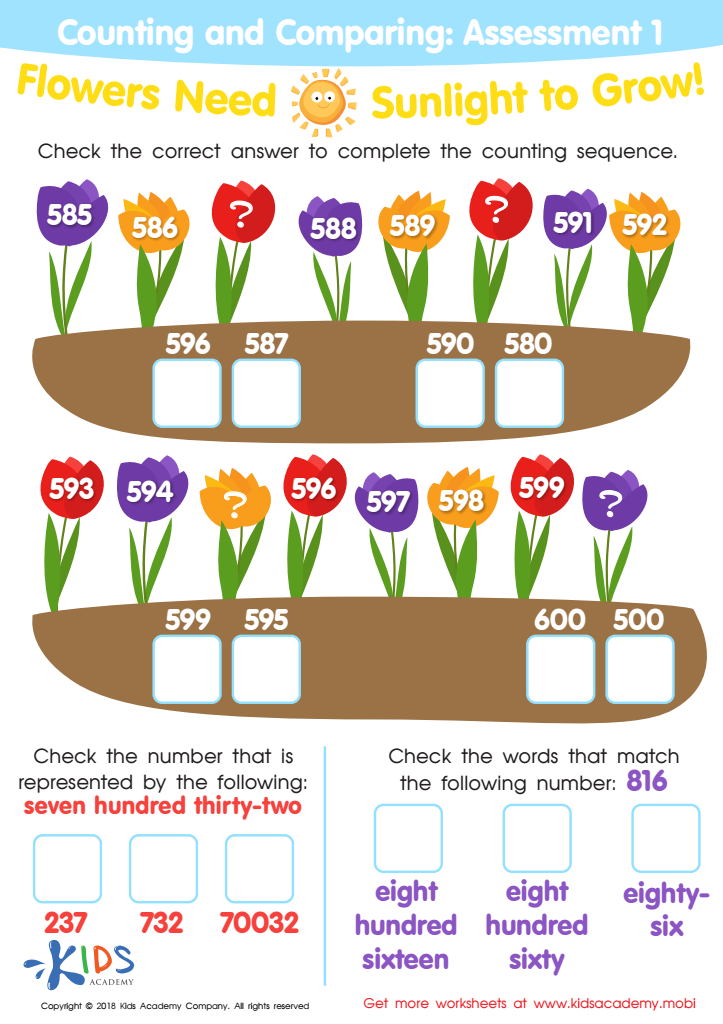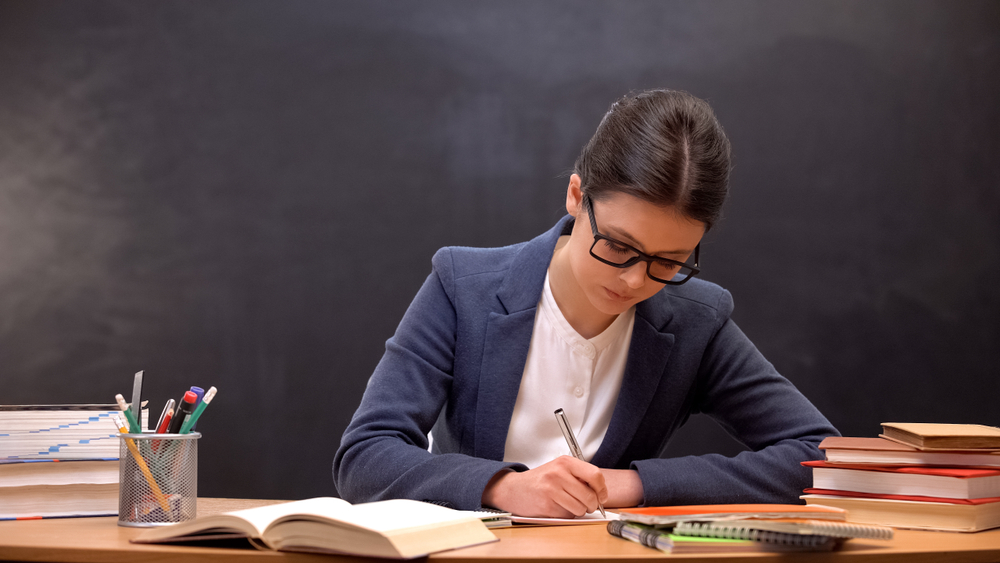Carry-over practice Worksheets for Kids
1 filtered results
-
From - To


Counting and Comparing: Assessment 1 Worksheet
Question/Answer
How to test a Grade 2 student’s Carry-over practice skills?
To test a Grade 2 student's carry-over skills in arithmetic, provide a mix of addition and subtraction problems that require carrying over (regrouping). Use two-digit numbers initially, gradually increasing complexity. Observe and record the student's ability to correctly apply the carry-over technique across different problems, evaluating accuracy and understanding of the concept.
What does the Carry-over practice skill mean when it comes to Grade 2 Numbers learning?
The Carry-over practice skill in Grade 2 Numbers learning involves teaching students how to handle addition and subtraction problems that require carrying over (or borrowing) from one column to the next. This skill helps students understand the concept of place value and how to manage more complex calculations beyond single-digit numbers.
How does the mastery of the Carry-over practice skill affect a student's performance at an early age?
Mastery of the Carry-over practice skill at an early age significantly enhances a student's ability to apply learned knowledge and skills across different contexts and subjects, leading to improved academic performance, better problem-solving skills, increased creativity, and a more profound understanding of new concepts. This foundational skill fosters versatility and adaptability in learning, setting the stage for lifelong learning success.
 Assign to the classroom
Assign to the classroom











